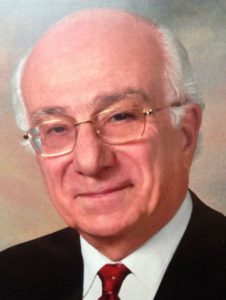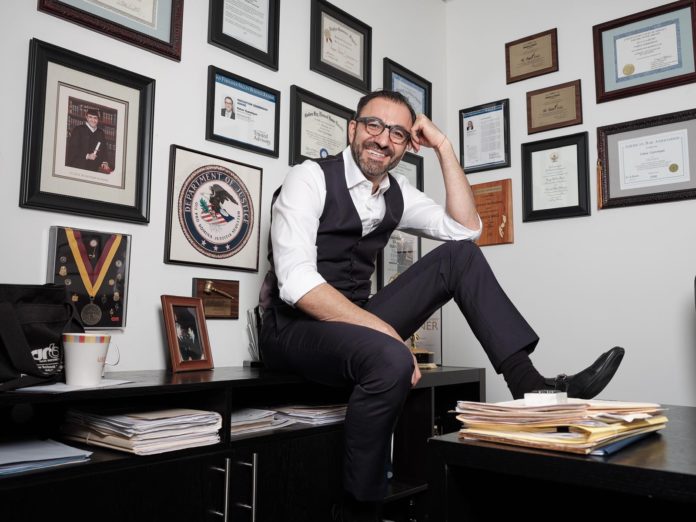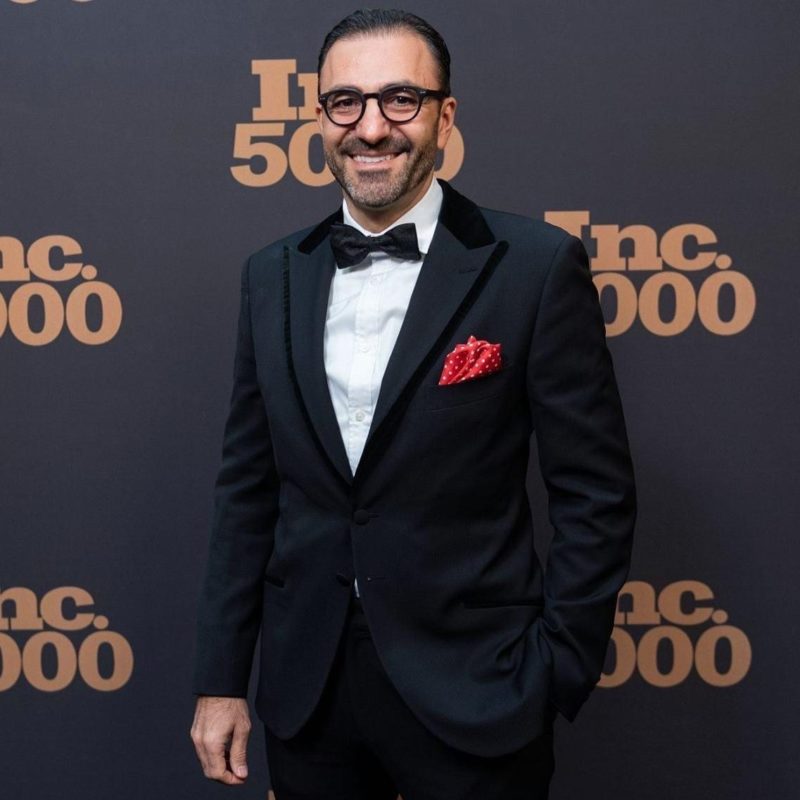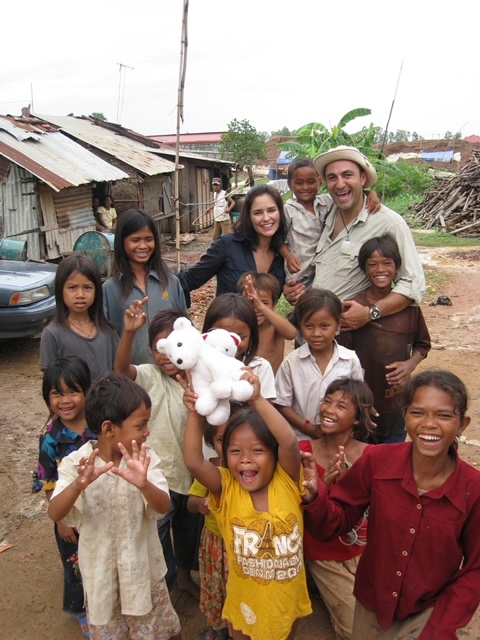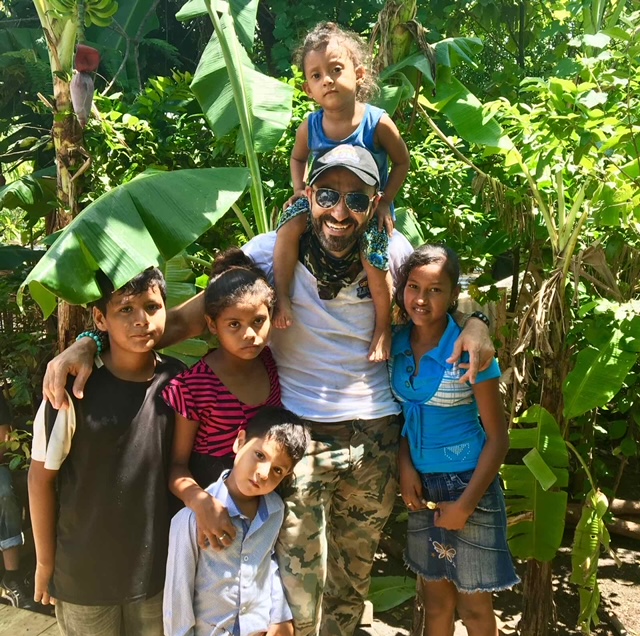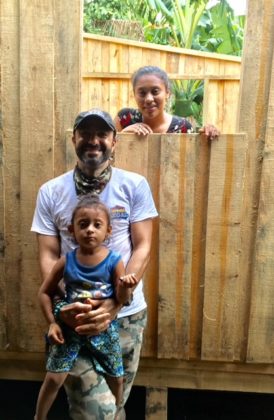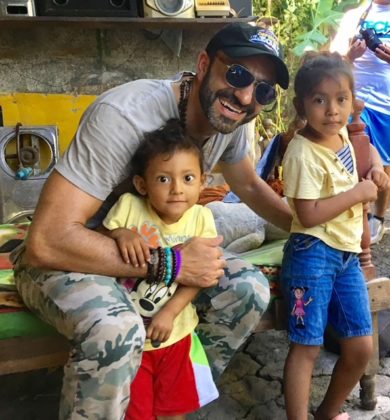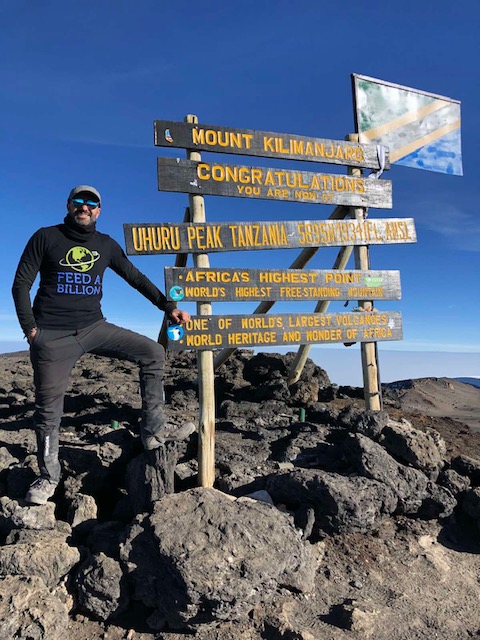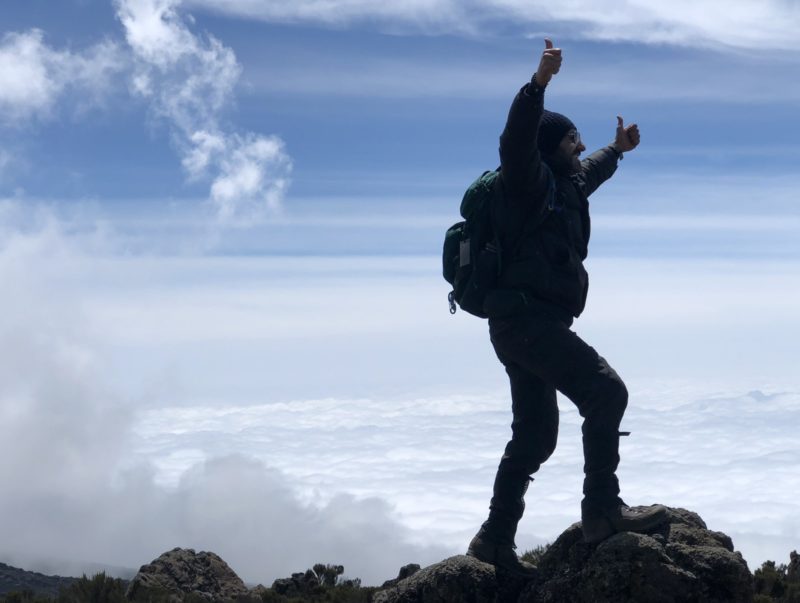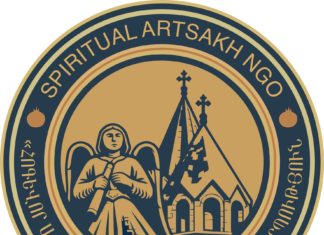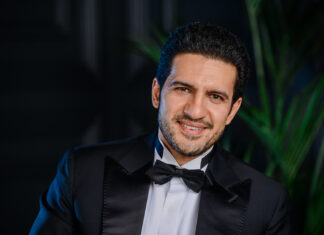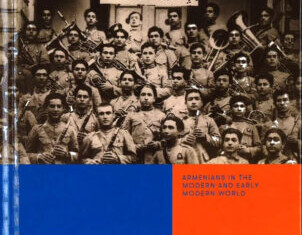SHERMAN OAKS, Calif. – Ketchup Entertainment’s most recent movie release, titled “Dr. Bird’s Advice for Sad Poets,” premiered on all major platforms with the start of the new year. The movie tells a story of a teenage boy who is struggling with undiagnosed anxiety disorder and seeking help from an imaginary bird-therapist while his own parents refuse to recognize their son’s illness. Moving beyond an ostensible personal comedy to a real drama about society, the film focuses on the importance of accepting mental health problems as real issues.
Vahan Yepremyan, the co-founder of Ketchup Entertainment, sees the visual arts as a way to deliver important messages, especially now, when because of Covid-19 people are very much isolated and don’t have the possibility to express their feelings and emotions. “That’s one of the values that movies can bring to people: not only to entertain and inspire, but also to make them think, [and] bring awareness about mental health or any other thing. I myself learned a lot from this movie. With mental health comes a lot of stigma and label. But instead of doing that it’s important to understand, to interact with people sometimes with just a simple ‘hello’.”
Vahan founded Ketchup Entertainment about ten years ago as a passion, a creative outlet which brought him an Emmy Award for the film “Lost Christmas,” which was created by partnering with BBC. Vahan successfully incorporates his passion for producing with his primary vocation of attorney, which gives him the opportunity to helps his clients to achieve their goals as entrepreneurs. “People come to me with some idea or concept and I help them put it together and realize whatever vision they have. Or if they come with an existing business or a company and they want to grow it, scale it, license it, I help them get wherever they need to,” he says.
Vahan immigrated to US in 1987 from the Armenian Soviet Socialist Republic and found himself in a new reality somewhat familiar from some movies that were not restricted back in his homeland, but also so different from the one he left behind. “When I was moving – this was the time before internet and YouTube – I really had no idea what life looked like here. It was a cultural shock in the beginning. I didn’t speak any English back then. I ended up going to college to learn English. My parents worked hard. I worked in and off campus, but it was exciting because we were here for a better life, to build something new. There was a lot of adjustment, a lot of learning but also a lot of excitement; for a 17-18-year old. it was a welcomed change,” remembers Vahan.
First, he considered going into art (his mother is an artist and he grew up around the art), then he thought about the movie industry. Later his career search took him to politics, where he worked at the White House think tank Economic Strategy Institute during the presidency of Bill Clinton and subsequently assisted Al Gore’s presidential campaign with fundraising. Finally, he served as a clerk in the US Department of Justice in Washington working on prosecuting major criminal cases in US federal courts.
Even though it seemed like he was on a perfect path to pursue a political career, for Vahan’s creative mind it wasn’t enough. “I got the taste of politics, but one other thing I saw was how the lobbying groups and money play such a big role in politics and how limited the politicians are in making their own decisions, because they need the funding. The world of entrepreneurship seemed more exciting with more opportunities to impact the world and change it from the outside instead of going into the system, being part of it and trying to change it from the inside. I found myself in law school because I realized how important the legal part was for structuring businesses and negotiating contracts. Now, working with different clients from all kinds of industries, I am learning a lot from them,” he says.
